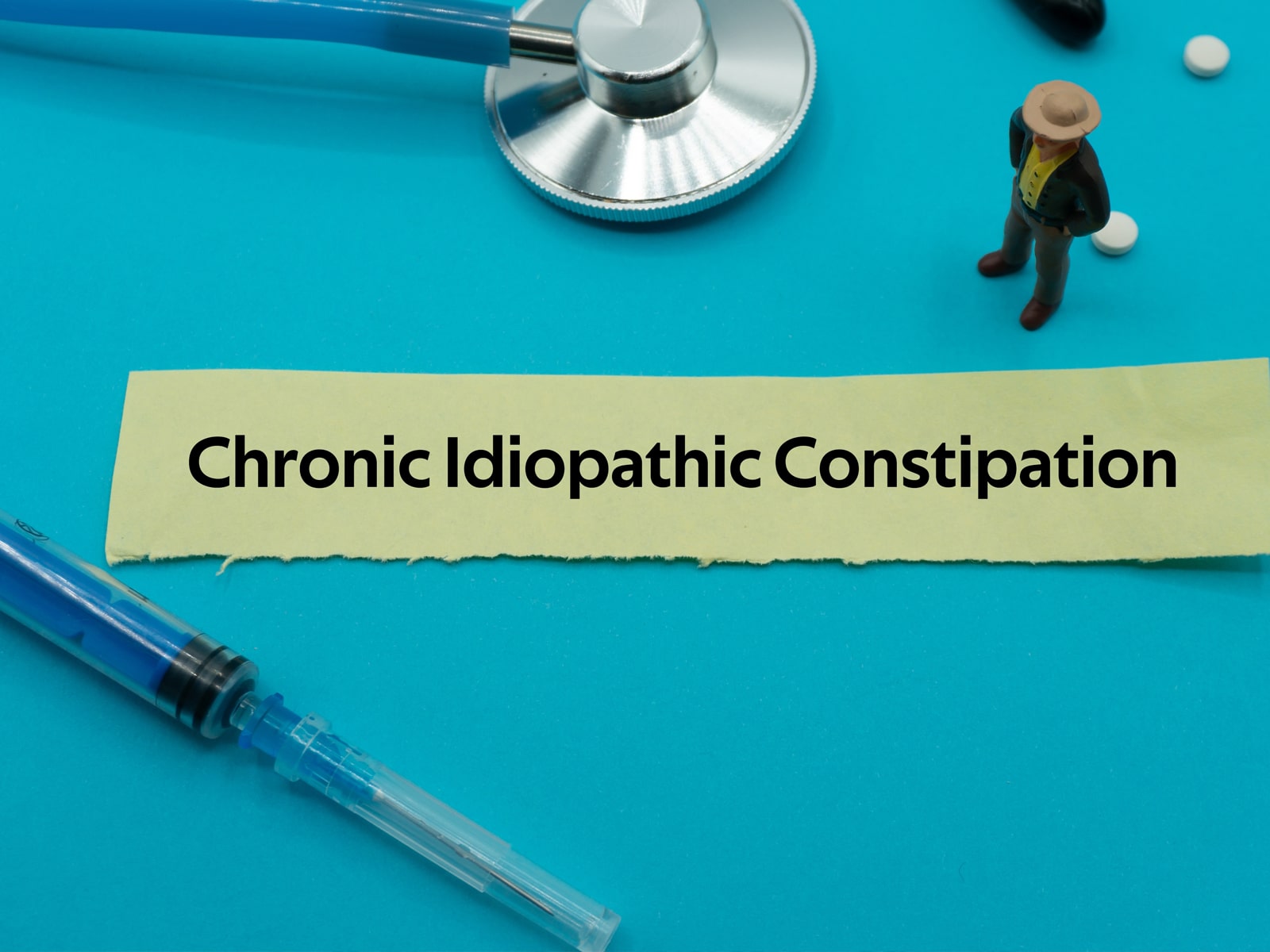
Chronic idiopathic constipation (CIC) is a chronic constipation with an unknown medical and structural etiology. It takes more than three months to be resolved and cannot be traced on nerve or muscle disease. IDC-10 K59.01 It is known as functional constipation.
CIC patients are likely to have the following:
One does not fully understand the cause but it could be attributed to a combination of factors:
GastroDoxs is a health organization in Houston and it is targeting the diagnosis and treatment of chronic idiopathic constipation with the personalized method to chronic conditions under the patient-centered approach to care. Our very best, as far as we shall go to make you receive a permanent cure, nutrition and lifestyle coaching, will provide the most advanced therapies and long-term treatment. Are you prepared to control your digestion? Make your appointment now and begin to have a better bowel status and good life.
We've successfully treated more than 3.1K patients, helping individuals improve their digestive health and overall well-being through expert, personalized care.
With over 20 years of experience, GastroDoxs has been a trusted provider of gastroenterology care, focusing on delivering the best outcomes for patients
The chronic idiopathic constipation (CIC) is a type of constipation of prolonged duration, the medical etiology of which is not known. It is also a functional constipation which is coded in the ICD-10 system K59.01.
CIC can be defined based on the history of the patient, assessment of the symptoms, and ruling out of other causes. The examinations that can be requested by your gastroenterologist can be colon transit test, colon anorectal manometry, colonoscopy that will exclude structural or neurological diseases.
The code of chronic idiopathic constipation is K59.01. This code will be located in the medical records and insurance records where they will be utilized to determine your conditions.
These symptoms expression can involve less than three bowel movements per week, hard or lumpy stools, pain during bowel movement, the feeling that they have not emptied fully, bloating, gas and abdominal discomfort.
The particular evading is not usually decided. It may be explained by the low nutritional consumption of fibre, insufficient consumption of fluids and water, a sedentary lifestyle, a regular tendency to retain stool and some medications (e.g. opioids or some antidepressants).
The therapeutic approaches of the condition are usually initiated by the changes in the lifestyle, including the enhancement of the amount of dietary fiber, 6-8 cups of water a day, and the exercises. These symptoms can be relieved with intake of non-prescription medications that comprise psyllium, stool softeners and prescription drugs that comprise lubiprostone, prucalopride, and linaclotide.
In this case, the patients who have failed to respond respond to simple interventions and in such a case, the pelvic floor therapy and biofeedback can be used to coordinate the muscles. Additional treatment is based on the specialized tests (colon transit tests, anorectal function tests).
Yes. Among the natural ways of helping the majority of patients, one can distinguish taking food rich in fiber (fruits, vegetables, whole grains), drinking water, and exercise. These form the basics of long term management.
Some of the respondents have experienced an upliftment in a week of transformation, and others would need weeks, months of combined lifestyle and medication therapies. Your gastroenterologist will call you and change your plan.
The inability to make any progress in your condition by 4 weeks of effort to change your diet and take over-the-counter medication or alarming bowel symptoms (rectal bleeding, weight loss without an apparent cause, abdominal pain, a change in your bowel habits) forces you to refer to a gastroenterologist as soon as possible.